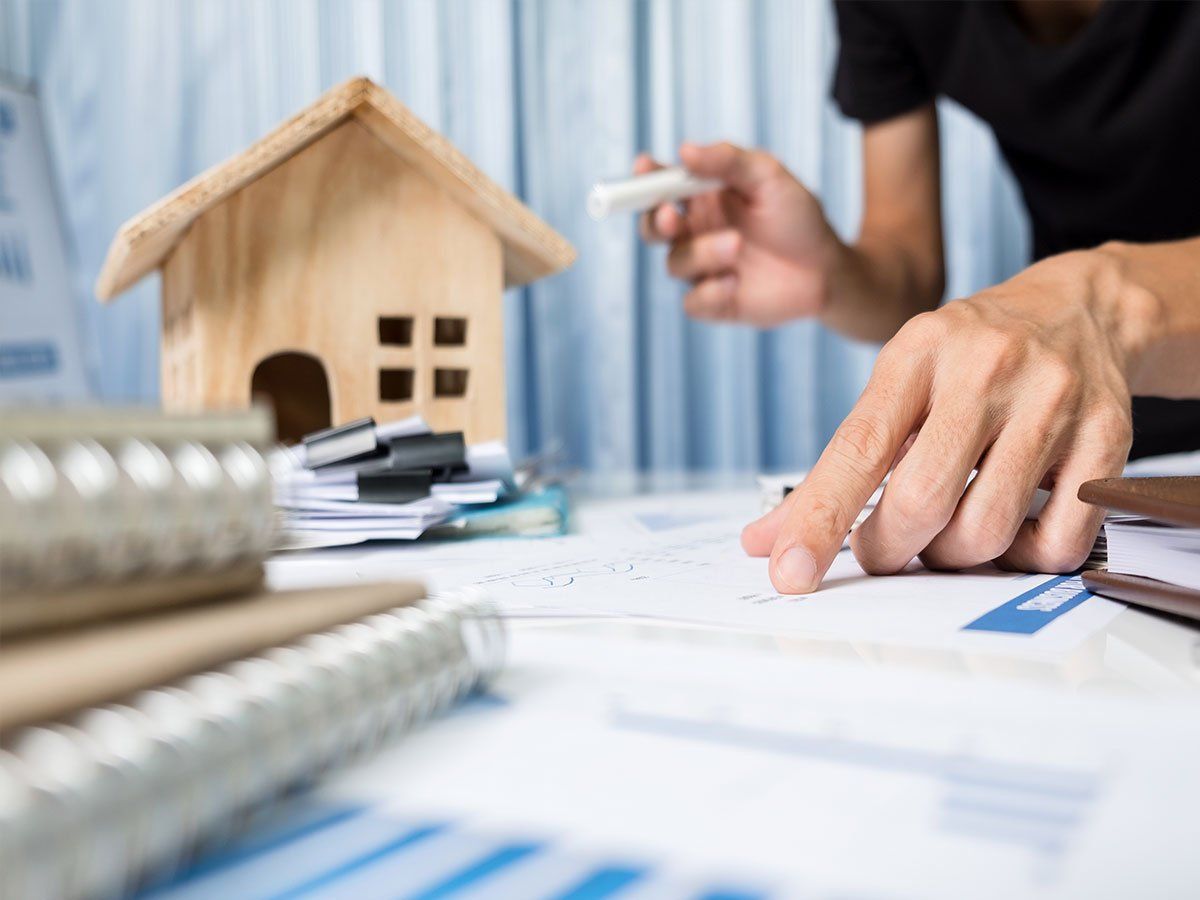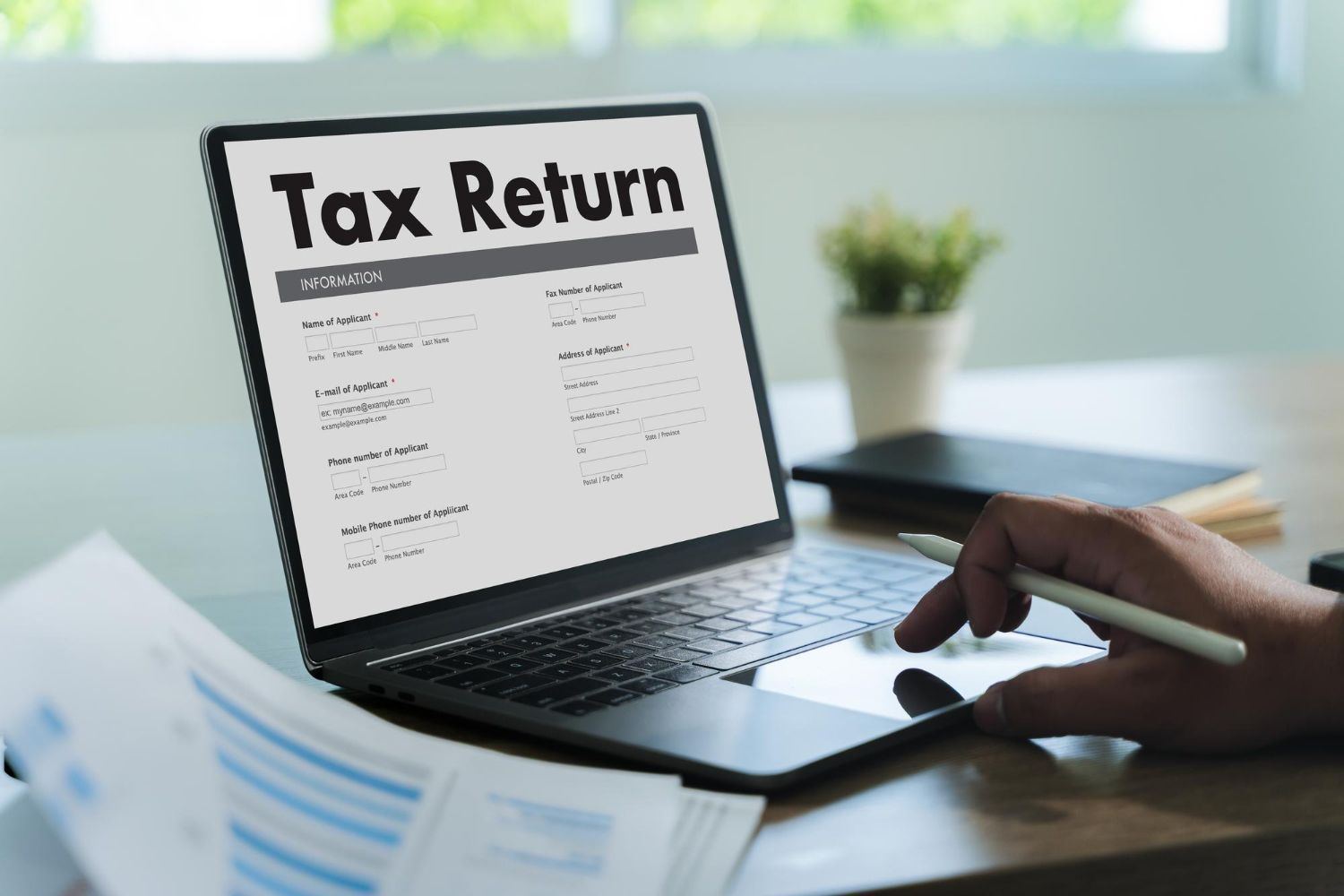GST/HST New Housing Rebates in Canada 2024
Buying a new home in Canada can be an expensive process, with additional costs like GST/HST new housing rebates. However, the Canada Revenue Agency offers relief with the GST/HST New Housing Rebates. By filling out a single form, you can save thousands of dollars in taxes when buying a newly constructed home.
Understanding the GST/HST New Housing Rebates: A Refund on Sales Tax Paid on Newly Built or Renovated Homes
The GST/HST New Housing Rebates is a refund provided to homebuyers who have paid sales tax on their newly built or heavily renovated homes. The sales tax consists of a federal and provincial portion, and the amount you pay depends on your province. This rebate allows you to reclaim a portion of the federal tax, known as the Goods and Services Tax (GST), and may also provide rebates for the provincial part of the tax.
Eligibility for the GST/HST New Housing Rebate
To be eligible for the GST/HST New Housing Rebate, you must meet certain conditions depending on your province. You may qualify for the provincial, federal, or both rebates. You are eligible if:
- You bought a new or substantially renovated house (including a condo unit, a renovated house with a major addition, or a non-residential property converted to a house) from a builder, and you paid all GST/HST due on your purchase.
- The builder sold you the house and the land under the same written agreement.
- The house is intended to be your primary residence or that of your relative.
- The purchase price for the house and land (if applicable), plus the purchase price for a taxable assignment to you of the original purchase and sale agreement (if applicable), before tax, is less than $450,000.
- Ownership of the house is transferred to you after construction or renovation is substantially completed.
- No one occupied the house before possession was given to you and after construction or renovation was substantially completed.
- You, or a relative of yours, are the first occupant of the house, or you made an exempt sale of the house before anyone occupied it.
First-time homebuyers can also benefit from the GST/HST New Housing Rebates, in addition to other available programs.
Note that the rebate is only available to individuals who meet all the conditions and not to those who co-own the property with corporations or partnerships.

How to Apply for the GST/HST New Housing Rebate
To apply for the GST/HST new housing rebate, you need to complete and submit two forms available on the government website. The first form calculates the GST rebate, and the second form is the application form. For residents of Ontario, BC, Nova Scotia, and Saskatchewan, an additional form is required to claim the provincial portion of the rebate. Once completed, the forms should be sent to the designated tax center, as provided on the government website.
While no supporting documents are required, you may be asked to provide evidence of occupancy or invoices. It can take up to six months to receive your payment. It’s worth noting that there is a deadline for submitting the application, which is generally two years after the base date determined on the forms.
Understanding the Forms Required to Apply for the GST/HST New Housing Rebate
When applying for the GST/HST new housing rebate, the forms you will need to complete will depend on whether you purchased a house from a builder or built the house yourself. There are two forms available for each scenario:
- Houses Purchased from Builders If you bought your house directly from a builder or developer, you can request them to claim the credit and pay it to you. Complete Form GST190, GST/HST New Housing Rebate Application for Houses Purchased from a Builder and have the builder submit it to the CRA on your behalf. In case the builder did not pay you the credit, you may apply for the rebate by completing the same forms and submitting them to the CRA within two years of purchase.
- Owner-Built Homes If you built your house yourself, you can also apply for a rebate of the GST/HST new housing rebates you spent while building the house. Complete Form GST191-WS, Construction Summary Worksheet, followed by Form GST191, GST/HST New Housing Rebates Application for Owner-Built Houses, and submit both forms to the CRA.
If you owned the land and hired a builder to build the house, you will also need to complete these forms. In both cases, the rebates must be claimed within two years of the date the house is completed.
For instance, if you purchased a home and land from a developer, you would request the developer to give you the rebate and submit Form GST190 on your behalf. However, if you bought the land and then hired your own architect, builder, and workers, you would file GST191 to claim your GST/HST new housing rebates.
Similarly, if you hired a builder to carry out substantial renovations on your home, or if you did them yourself, you will need to file Form GST191 to claim your rebate.
What should I do if I’m constructing my own house?
If you’re constructing your own home, there are certain criteria that need to be met. Firstly, the land on which you build must have been owned or leased by you. Additionally, you must demonstrate that more than 90% of the interior of the previous structure was removed or replaced. Another way to qualify is if you owned a non-residential property and later transformed it into your residence. Finally, to be eligible for rebates on major additions, the new living space must be at least twice the size of the existing space.
Who qualifies for the HST new housing rebate?
Individuals who recently purchased a new or renovated house and meet the following criteria: the purchased home is located in Ontario and is for the use of themselves or their spouse/common-law partner. Additionally, the purchase price must be less than $450,000 to qualify for the federal rebate.
Also Read: Comparing Real Estate and Property Taxes
Rebates and Refunds in Canadian Housing Taxation
Is there a rebate for rental properties?
Yes, the GST/HST New Residential Rental Property (NRRP) Rebates is available for those who bought or built a new residential rental property, made significant renovations to one, or leased land for a long-term residence. The rebate is given to the person who paid the GST/HST, usually the landlord or landowner.
Do I qualify for the GST/HST new housing rebates?
The HST and GST housing rebates in Ontario are available to individuals who meet all the conditions for claiming the rebate. However, co-ownerships with corporations or partnerships are not eligible for the rebate.
Who is eligible for a GST refund?
To be eligible for a GST refund, you must be a Canadian resident for tax purposes and meet the following criteria be at least 19 years old, have a spouse/common-law partner, and be a parent who lived with your child.
In 2024, the Canadian Government continues to encourage homeownership, with almost 70% of Canadians owning their own home according to a recent national household survey. Additionally, many Canadians also own a second property, such as a cottage or investment property. However, some new homebuyers in real estate markets like Toronto and Ottawa may not be aware of the new condo HST rebate.
These buyers can end up paying tens of thousands of dollars in HST for brand new properties, making it crucial for them to file for the new house rebate. Unfortunately, new Canadians who are not familiar with the Canadian property market and tax code may be unaware of the rebate, but their real estate agent can usually advise them during the purchase process.
While the GST/HST new housing rebates are easy to claim, it’s important to note that it’s not automatic and requires a manual application. Therefore, it’s crucial to remember to apply for the rebate at tax time to ensure that you receive the benefits you’re entitled to.
The post GST/HST New Housing Rebates in Canada 2024 appeared first on DBM Accounting | David B. McKeand Professional Corporation.











